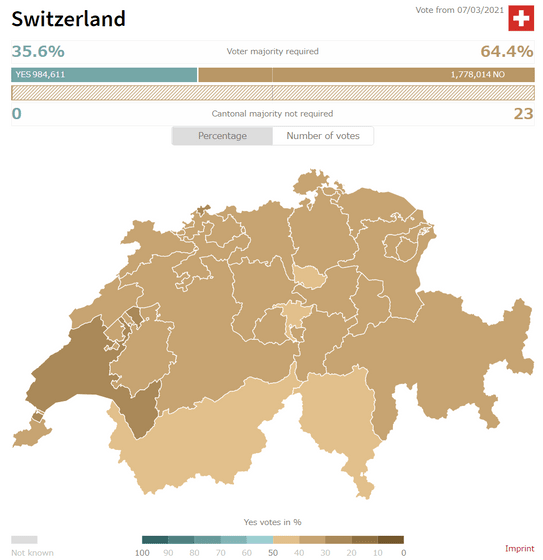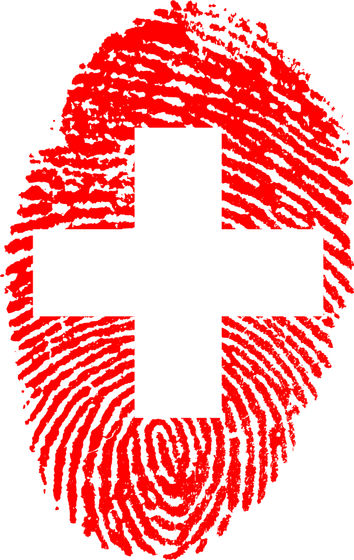Why is the Swiss people complaining that the Swiss 'electronic ID bill', which allows you to log in to any site with one ID, is rejected by a referendum, 'privacy is controlled by the government'?

On March 7, 2021, a referendum was held in Switzerland asking whether or not the '
Digital identity scheme shot down by voting over data privacy concerns --SWI swissinfo.ch
https://www.swissinfo.ch/eng/digital-identity-scheme-faces-scepticism-around-data-privacy/46399636
The EU, which is often the world leader in privacy legislation on the Internet, has a rule called eIDAS that sets out a common foundation for the secure exchange of electronic transactions. The Swiss government, which aims to realize a similar system, held a referendum on the eID bill on March 7.
The result is below. The bill was rejected by a majority of 35.6% in favor and 64.4% against. All Swiss states are brown, indicating that the opposition is the majority, suggesting growing concern about the bill across Switzerland.

The eID bill was originally passed by the Swiss Parliament in 2018 and will issue eIDs to Swiss citizens, which is a unique identification that can identify an individual. Those who have been issued an eID upon application will be able to use the eID to open a bank account, shop online, and request official documents.
However, since the bill stipulates that 'it is not the Swiss government that issues and manages eIDs, but private companies,' the public has expressed the opinion that 'the government should take responsibility.'
Daniel Graf, the organizer of Comité citoyen , an organization that opposes the eID bill, said of the veto of the eID bill, 'Voters did not oppose the eID system, but the operation method indicated in the bill. That's right. ' 'The voting results reveal that government-provided and democratically controlled eIDs are what the public wants,' said Sibel Arslan, a member of the Green Party of Switzerland, one of the flag bearers against the bill. Said.

It has been pointed out that there is a concern that 'the company may invade privacy' behind the opposition of the Swiss people to the operation of eID by private companies. 'The vote went in favor of the opposition because distrust of the private sector was predominant,' Urus Vieri of GFS Bern , a private sector surveyor, said on a radio show.
SWI swissinfo.ch, a news site run by the Swiss Broadcasting Corporation, also argues that 'the country should take full responsibility, not just supervision and licensing authority. Commercial providers. The rationale for this claim is that the risk of personal information breaches by swissinfo.ch is ruining efforts towards digital democracy. '
In Switzerland, the SwissSign Group, a semi-public and semi-private venture, sought to introduce SwissID, a system similar to eID, in 2010, but failed. With the rejection of the eID bill, the move to unify digital identification is expected to recede further.
It should be noted that, in addition to the eID bill in the referendum of March 7, female Muslim to wear burqa to define the prohibition of the law on economic partnership agreements with and Indonesia law vote is carried out, both favor is 51.1 It was passed by a small margin of%.
Switzerland bans the wearing of full face coverings, including niqab and burqa, in nearly all public places https://t.co/9QEEaZ5Y3P
— CNN Breaking News (@cnnbrk) March 7, 2021
Related Posts:
in Web Service, Security, Posted by log1l_ks







